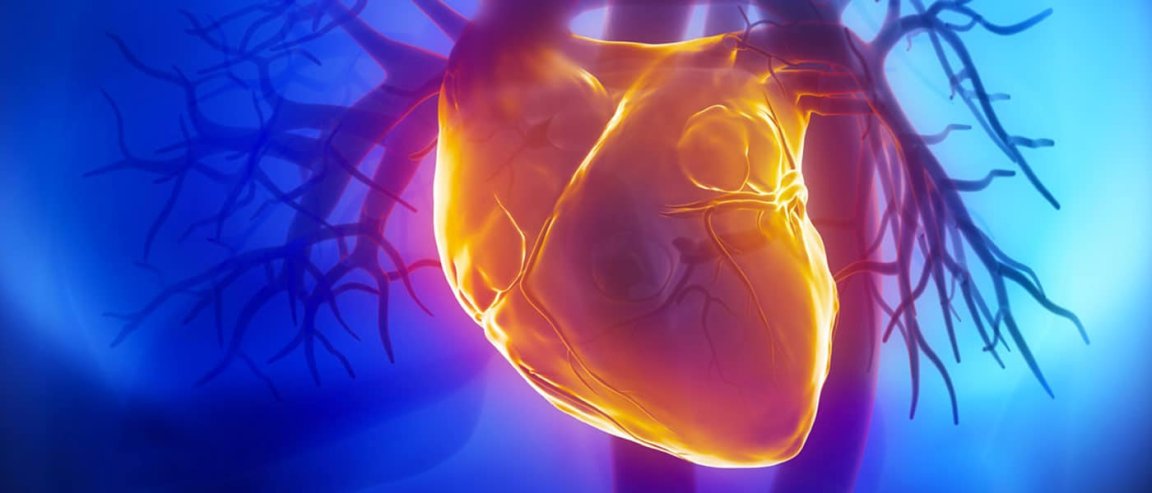
Streamlining Treatment
Heart failure — the inability of the heart to pump an adequate amount of blood — affects 26 million patients all around the world, and the lack of permanent treatment options for the ailment mean that one in four hospitalized patients will eventually be rehospitalized. However, that may change soon as scientists from the Gladstone Institutes have found a way to improve a method currently used to treat heart failure.

After a heart attack occurs, connective tissue on the organ becomes scar tissue, which contributes to heart failure. A previously discovered method of avoiding this is by using cellular reprogramming to turn the connective tissue into heart tissue. By reprogramming three transcription factors (proteins that determine whether a gene is on or off within a cell), researchers have been able to convert the connective tissue cells of mice into heart muscle cells.
Unfortunately, this method only converts about 10 percent of scar tissue into healthy heart muscle tissue, so the scientists at Gladstone tested 5,500 chemicals to find the ones that would help improve this success rate. They discovered that two of those chemicals — one that blocks a growth factor that helps cells divide and grow and another that inhibits a pathway that regulates heart development — resulted in the generation of eight times more heart cells and reduced the time needed for the process from six to eight weeks to just one week when used together.
No Quick Fix
In addition to showing exemplary results in mice tests, significantly improving the heart function of mice that had previously suffered a heart attack, the chemicals also improved direct cardiac reprogramming of human cells, according to the researchers. However, there is still a long way to go before human trials start. As with any new treatment, safety is always the top priority, so many more test will need to be undertaken first.
Still, the treatment is a huge step toward curing heart failure. “With our enhanced method of direct cardiac reprogramming, we hope to combine gene therapy with drugs to create better treatments for patients suffering from this devastating disease,” says first author Tamer Mohamed, PhD in a statement. If their method does reach the human trial stage, it could save millions of lives and transform how we treat one of the most important organs in our bodies.